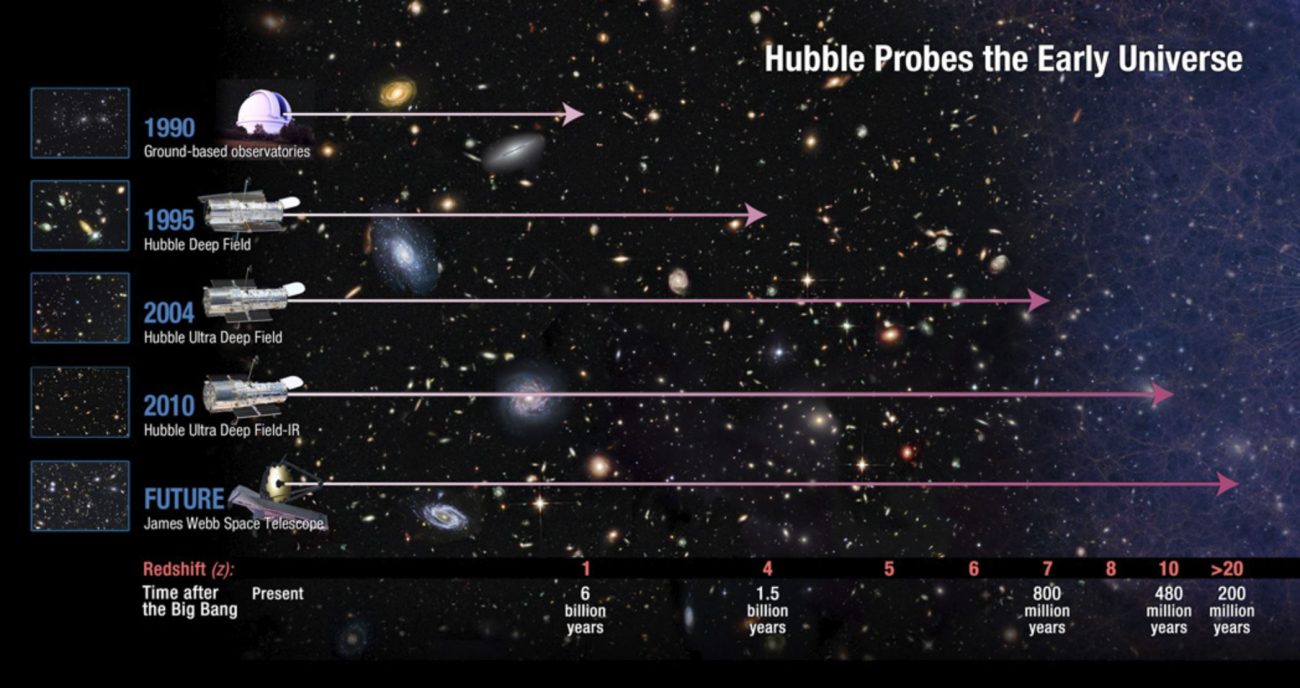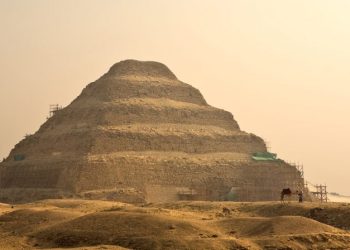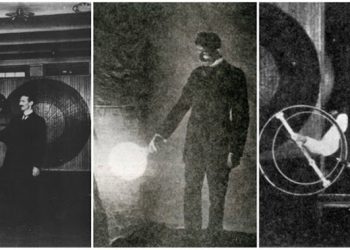Not so long ago, I finished reading Stephen Hawking’s book–his “final” book, called Brief Answers to the Big Questions. As usual, Hawking’s book was very digestible and completely clear. It delves into various subjects that many people would find hard to explain. But I guess that was one of Professor Hawking’s many talents to explain complex scientific subjects to people who had no prior knowledge of them. In the book, Hawking addressed questions such as: Is there a God? Can we predict the future? Is time travel even possible? And is there alien life in the universe?
However, the late professor also spoke out about How “the universe” began. He delved into the subject of black holes. After all, most o what we know about black holes come from his work and his colleague Sir Roger Penrose from the University of Oxford. One quote from Hawking’s book that I enjoyed is written on page 58 of his book;
What came before the Big Bang?
According to the no-boundary proposal, asking what name before the Big Bang is meaningless–like asking what is south of the South Pole–because there is no notion of time available to refer to. The concept of time only exits in our universe.
Black Holes are a BIG Thing
Although I couldn’t think of anyone who probably deserved it more than him, Hawking never won the Nobel prize. Sir Penrose is a mathematician and physicist who has worked with Hawking on Black Holes. The man who just won the Nobel Prize for his work on Black Holes has revealed his belief about the universe in general, stating that our universe was likely not the first to exist, that there were many other universes before this one, and that this won’t be the last universe to exist.
Penrose believes that the Big Bang was not the “real” beginning and that even before it, something else existed. “There was something before the Big Bang, and that something is what we will have in our future,” the researcher revealed. The Oxford scientist believes that the universe we currently inhabit will continue expanding in the future up until the point when all of its matter decays. It is at this point, according to Penrose, when a new universe will come to exist in a kind of “cosmic cycle” that repeats over and over again.

Speaking to the Telegraph in an interview that followed his Nobel Prize award, the British scientists examined that we are living in a universe that is continuously expanding and that all mass decays away. “In this crazy theory of mine, that remote future becomes the Big Bang of another eon,” Sir Penrose revealed to the Telegraph. Sir Penrose explains that the Big Bang was not the beginning. There was something before it, and that something is what we will see in the distant future.
Hawking Points
The idea that other universes existed before the Big Bang comes from what Penrose refers to as Hawking Points. Hawking Points can be explained as “remnant signals from the Hawking evaporation of supermassive black holes in the eon before ours.” In other words, Penrose says that Hawking’s points are signals of the corpses of Black Holes that existed long before the Big Bang in another universe. These have outlived their own universe and are at the end of their lifespans; as such, they are leaking radiation as they fade away into nothingness.
According to Penrose–and he explains this so that everyone can understand it–our universe, our Big Bang started as the distant future of a previous eon. In this previous universe, black holes that existed in our universe also existed in the previous one. The black holes that existed in the previous universe are “evaporating away” via the so-called “Hawking Radiation” and produce what Sir Penrose calls “Hawking Points.” Had Stephen Hawking lived, he would have probably shared a Nobel Prize with Sir Penrose.
Join the discussion and participate in awesome giveaways in our mobile Telegram group. Join Curiosmos on Telegram Today. t.me/Curiosmos.
All sources and references are linked throughout the article.











